![]()
June 23-25, the second World Innovations Forum Conference, will be held online. Broadcasted from our innovation studios in Lucerne Switzerland, attendees will meet innovative minds from fast-emerging countries discussing needs and dreams, plans and programs to bring the “New World” on eye-level with the “Old World.” Ingenuity, curiosity, determination, networking power, unbreakable will-power, and top education, all of the necessities of top-level entrepreneurs are seen in the fearless and risk-taking entrepreneurs in South East Asia and Africa. Many of those countries are on the verge of profound change. Let’s be straight forward; self-confidence and eagerness unfolds ingenuity.
EMERGING DETERMINATION
The same determination drives the WIForum Foundation members such as country ambassadors, champions, partners, volunteers from Cambodia, Ghana, Indonesia, Kenya, Laos, Myanmar, Nepal, Nigeria, Rwanda, Uganda, and Vietnam, as well as industry partners from developed nations. The goal is to elevate the economic level of those nations to become autonomous and able to compete in global markets – but more importantly, contribute to human progress. The fact of life: 1 billion people can only feed the other 6 billion people if that is their sole focus. But, 7 billion people together are able to solve most of the biggest problems we see today in the near future and can truly be considered equal. Togetherness empowers us to get to sustainable innovation in our industry, energy needs, care and social development while building out our comfortable lives – without sacrificing our planet.
WORLDS LARGEST INNOVATION POTENTIAL
The two largest continents by size, Asia and Africa, and also by population, with 6 of the 7.7 billion people, represent the most substantial innovation potential on earth. The WIForum Digital 2020 Conference offers an insight into what to expect from the most significant parts of our planet and where it may take us. You will get a glimpse into the world of top-notch startups from Africa and Asia and how they shape to win the world. By the end of this decade we will see a boost of innovation of seismic proportion.
SPEAKERS
If you are looking for the globally well known speakers – we will need to disappoint you. The innovative minds from tomorrow are not the heroes from yesterday. We also don’t want to list the same problems that one always hears and the same successes that we already know. We decided to give you insights from what is actually happening today and where it must lead to tomorrow. Join us on the ground and draw your own trajectory for the real tomorrow.
Startups from Cambodia, Ghana, Indonesia, Kenya, Laos, Myanmar, Nepal, Nigeria, Rwanda, Uganda, and Vietnam are still invited to apply to present
wiforum.org/wifdigital-entrepreneurs/

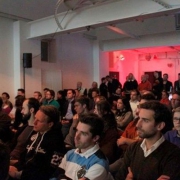 Africa, most of South East Asia and Latin America has showed phenomenal progress in education already; having 1,000 times more academic graduates than 50 years ago. There are now thousands of Universities across those continents, which created millions of well trained people – but with no equivalent job. What would a math degree do if you can’t work with it? Today there are more than a million graduates in in each of the three continents. The best they can do would be try to get to Europe or the US. Yet – that would be a devastating brain drain and remove all hopes, those nations have today. Before the inception of development aid, education was a function of having better employees to handle the jobs – but here we have better education but no jobs. We realized we needed to find out how exactly did developed countries develop.
Africa, most of South East Asia and Latin America has showed phenomenal progress in education already; having 1,000 times more academic graduates than 50 years ago. There are now thousands of Universities across those continents, which created millions of well trained people – but with no equivalent job. What would a math degree do if you can’t work with it? Today there are more than a million graduates in in each of the three continents. The best they can do would be try to get to Europe or the US. Yet – that would be a devastating brain drain and remove all hopes, those nations have today. Before the inception of development aid, education was a function of having better employees to handle the jobs – but here we have better education but no jobs. We realized we needed to find out how exactly did developed countries develop. In the early and mid 1800’s, Switzerland was the poorest country in Europe. Germany was a poor country, South Korea was one of the poorest countries in Asia, California was a desert and the most western farmland in the US. If not for the Gold, California would hardly be on the map. Yet the natural resources died out quickly. A similar risk the Arabian peninsula is facing. However something changed above and beyond natural resources and tourism: Innovation and entrepreneurship. When Carl Benz, Robert Bosch, Werner v. Siemens and Friedrich Krupp, crazy entrepreneurs with useless ideas, started to engineer, develop, produce, market, sell and scale their businesses, Germany became a wealthy nation. There is nothing else that propelled the German economy as much as these crazy entrepreneurs. At the same time period, Alfred Escher wanted to build a railroad in Switzerland. But since this was a low priority for the very poor Swiss population, he could not raise any capital. So he asked for foreign investment, the sheer amount he raised, required him to create a more international bank, Credit Suisse. Since he needed more talent, he created the Zürich based University, ETH, today one of the most renowned Tech Universities in the world. Did you know the jet engine was invented in France? Now you know why France is still one of the world’s leading aerospace nations. Did you know that Silicon Valley was essentially based on five entrepreneurs? Almost all developed countries started poor, had an environment where crazy entrepreneurs just could do their thing, no matter how useless and money could flow in from foreign investors. The US, Germany, Switzerland, South Korea, Japan, and all others have been based on that very principle. Thousands of years before that it was war, theft and the financing of their armies to do the very same: invent, grow, sell and come to prosperity. Since thousands of years, the nations that carried their goods in foreign countries and received investment from foreign countries rose. And there is no reason to continue that path with an ever larger number of nations. We never tried to answer the question, how can we get 3.5 Billion people out of poverty with the help from the West? We wanted to know what made the developed countries so prosperous and if we could apply that learning to eradicate poverty.
In the early and mid 1800’s, Switzerland was the poorest country in Europe. Germany was a poor country, South Korea was one of the poorest countries in Asia, California was a desert and the most western farmland in the US. If not for the Gold, California would hardly be on the map. Yet the natural resources died out quickly. A similar risk the Arabian peninsula is facing. However something changed above and beyond natural resources and tourism: Innovation and entrepreneurship. When Carl Benz, Robert Bosch, Werner v. Siemens and Friedrich Krupp, crazy entrepreneurs with useless ideas, started to engineer, develop, produce, market, sell and scale their businesses, Germany became a wealthy nation. There is nothing else that propelled the German economy as much as these crazy entrepreneurs. At the same time period, Alfred Escher wanted to build a railroad in Switzerland. But since this was a low priority for the very poor Swiss population, he could not raise any capital. So he asked for foreign investment, the sheer amount he raised, required him to create a more international bank, Credit Suisse. Since he needed more talent, he created the Zürich based University, ETH, today one of the most renowned Tech Universities in the world. Did you know the jet engine was invented in France? Now you know why France is still one of the world’s leading aerospace nations. Did you know that Silicon Valley was essentially based on five entrepreneurs? Almost all developed countries started poor, had an environment where crazy entrepreneurs just could do their thing, no matter how useless and money could flow in from foreign investors. The US, Germany, Switzerland, South Korea, Japan, and all others have been based on that very principle. Thousands of years before that it was war, theft and the financing of their armies to do the very same: invent, grow, sell and come to prosperity. Since thousands of years, the nations that carried their goods in foreign countries and received investment from foreign countries rose. And there is no reason to continue that path with an ever larger number of nations. We never tried to answer the question, how can we get 3.5 Billion people out of poverty with the help from the West? We wanted to know what made the developed countries so prosperous and if we could apply that learning to eradicate poverty. We realized that nearly all developed countries, on three different continents rose to prosperity through innovation and entrepreneurship. Moreover, in understanding that entrepreneurship is not a western ‘invention’ but a universally applicable concept, for thousands of years across all cultures. We began to look for such entrepreneurs in developing and emerging countries. And we found jar dropping entrepreneurs and their startups in Argentina, Ghana, Nigeria, Peru, Vietnam and many other countries. With those results, we decided to turn economic development towards a direction that was probably not very well understood before: innovation and entrepreneurship.
We realized that nearly all developed countries, on three different continents rose to prosperity through innovation and entrepreneurship. Moreover, in understanding that entrepreneurship is not a western ‘invention’ but a universally applicable concept, for thousands of years across all cultures. We began to look for such entrepreneurs in developing and emerging countries. And we found jar dropping entrepreneurs and their startups in Argentina, Ghana, Nigeria, Peru, Vietnam and many other countries. With those results, we decided to turn economic development towards a direction that was probably not very well understood before: innovation and entrepreneurship.
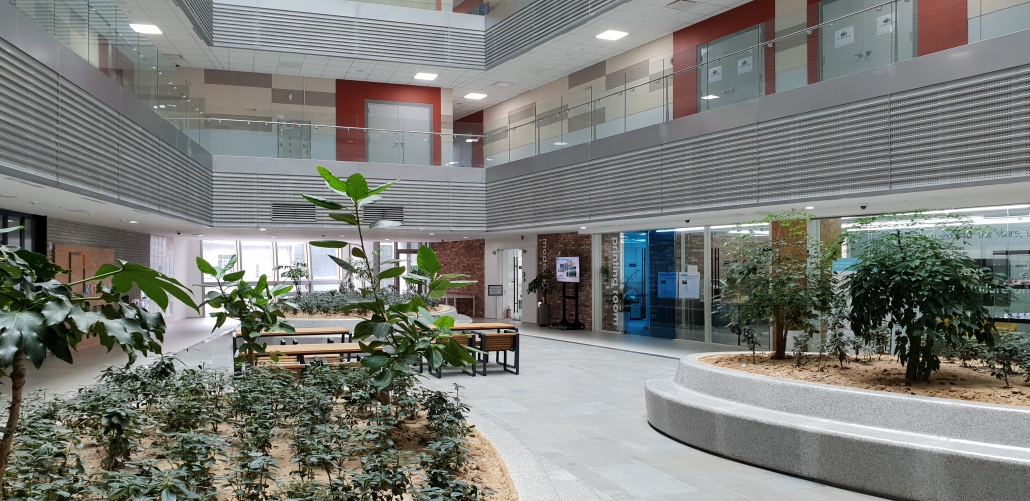
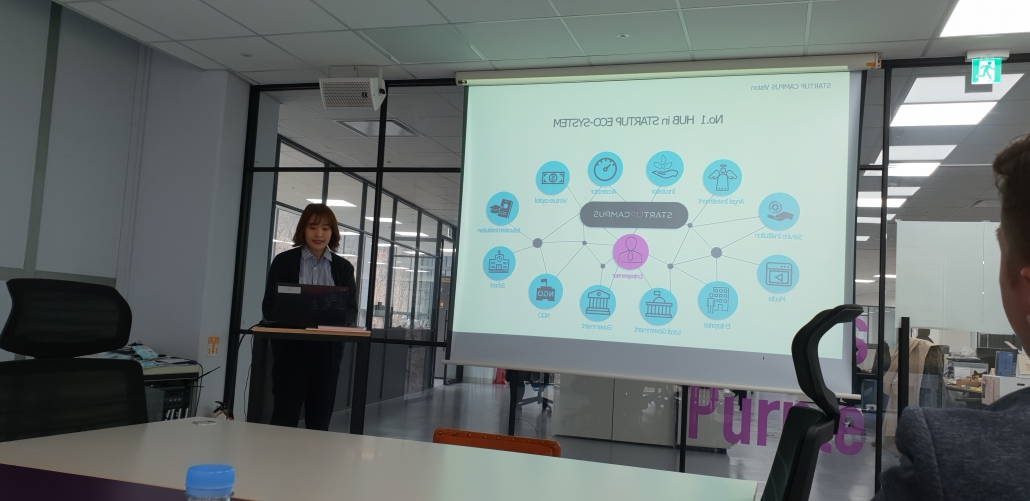 Introduction to the Seoul Innovation Ecosystem, it’s focus to take business global and its quest to build more Samsung, LG or Hyundai type companies.
Introduction to the Seoul Innovation Ecosystem, it’s focus to take business global and its quest to build more Samsung, LG or Hyundai type companies.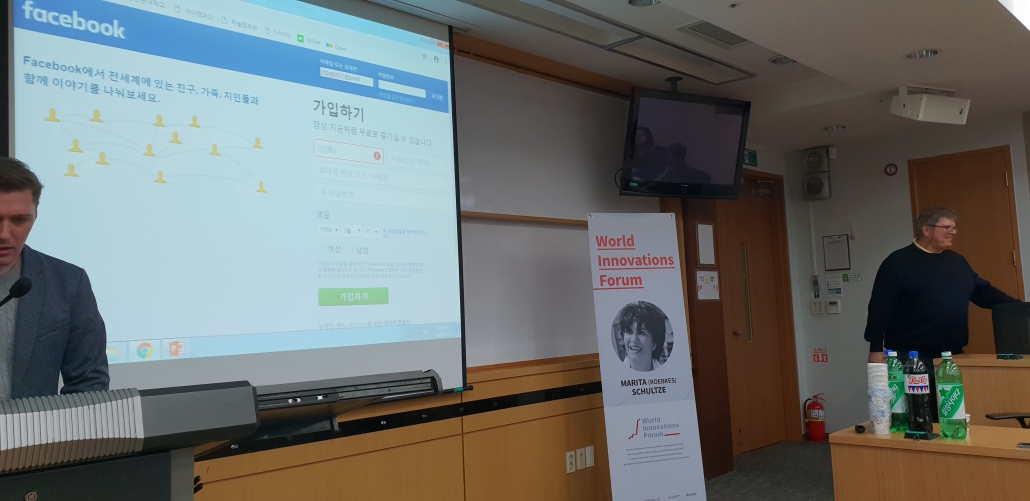
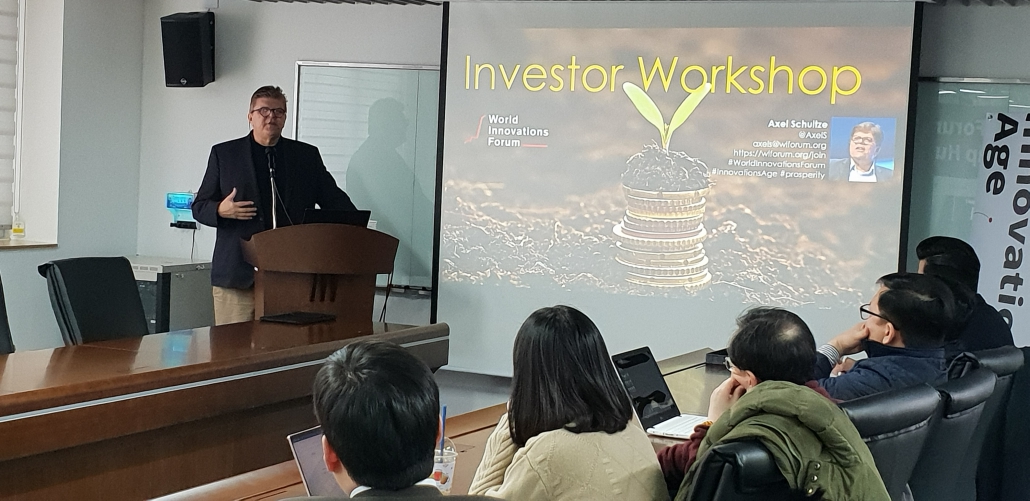

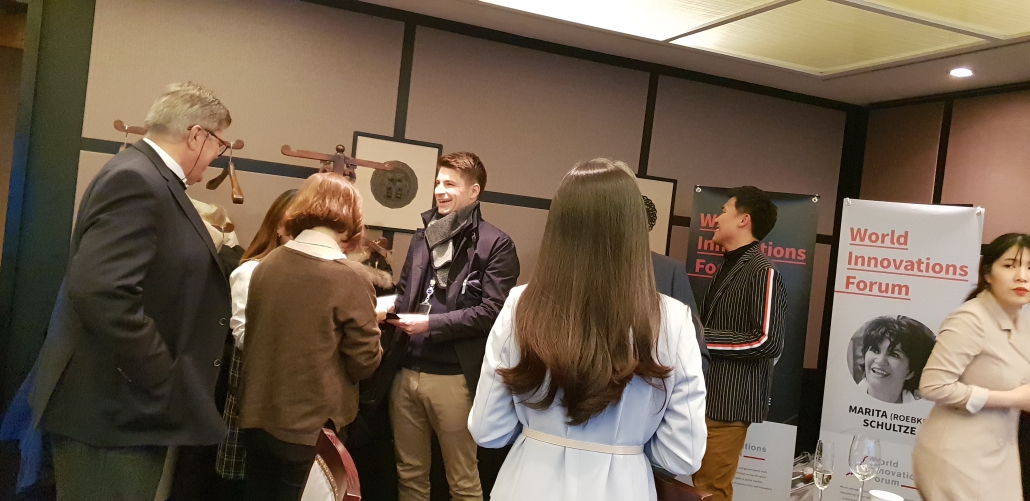
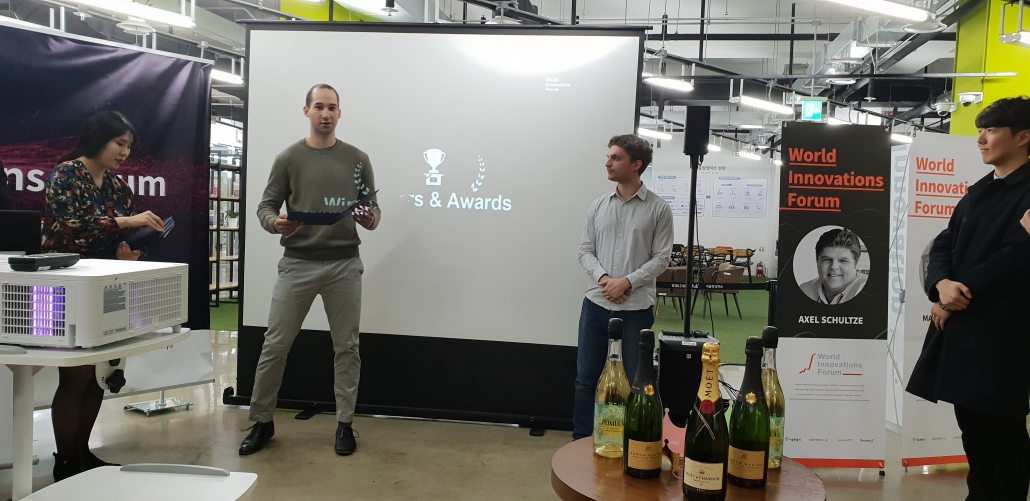
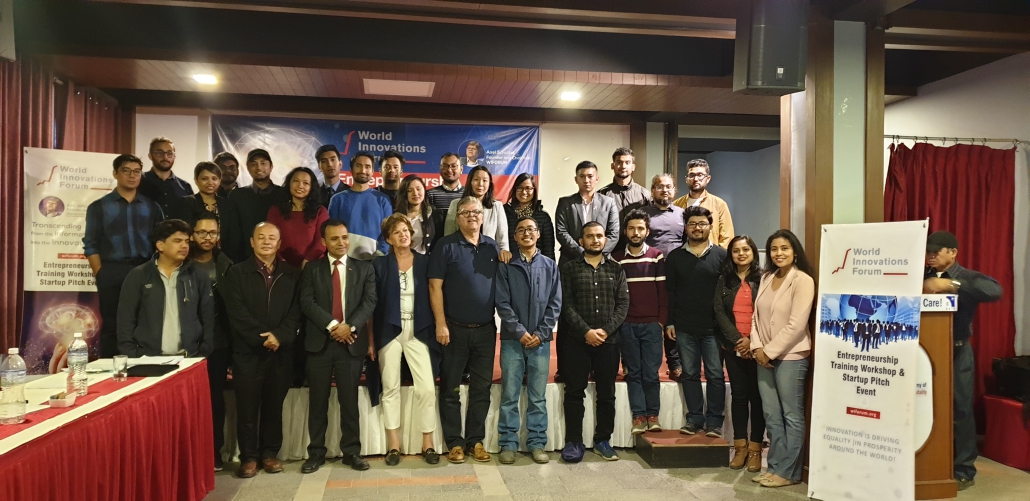
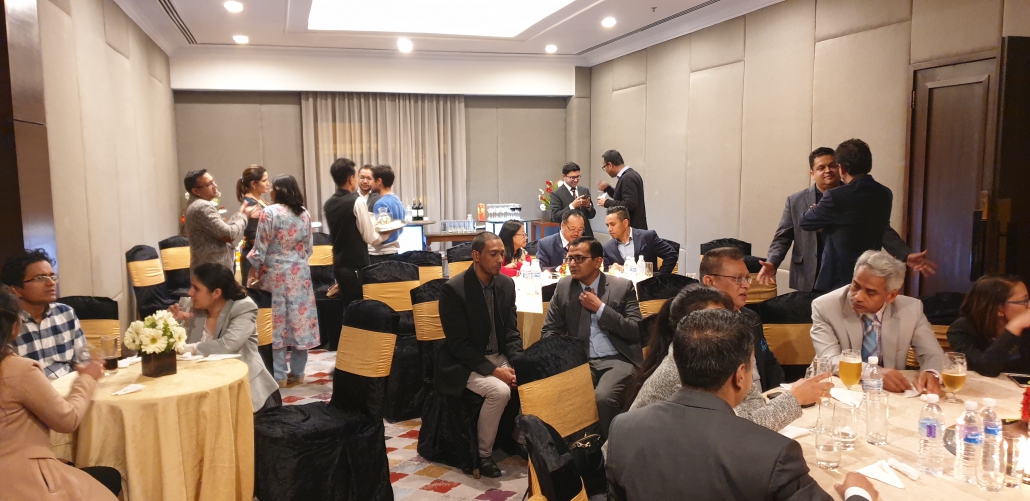
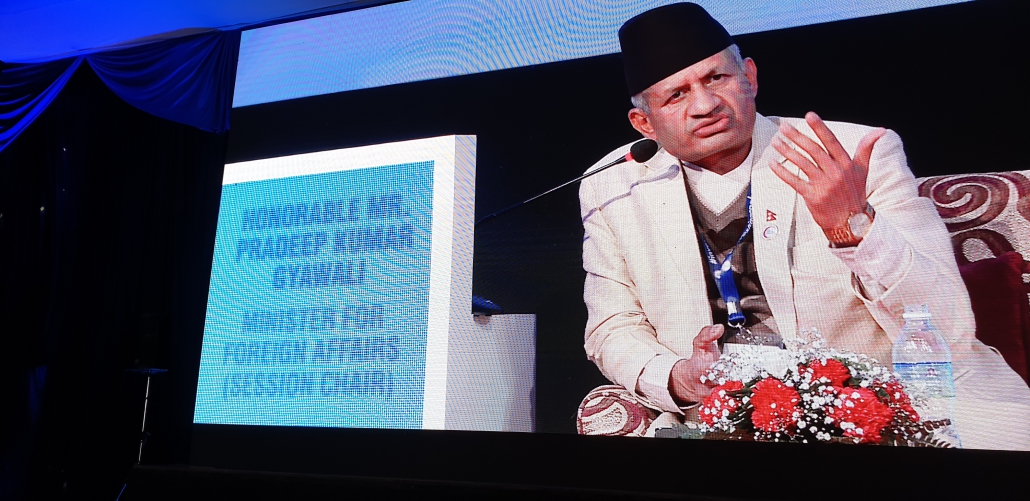
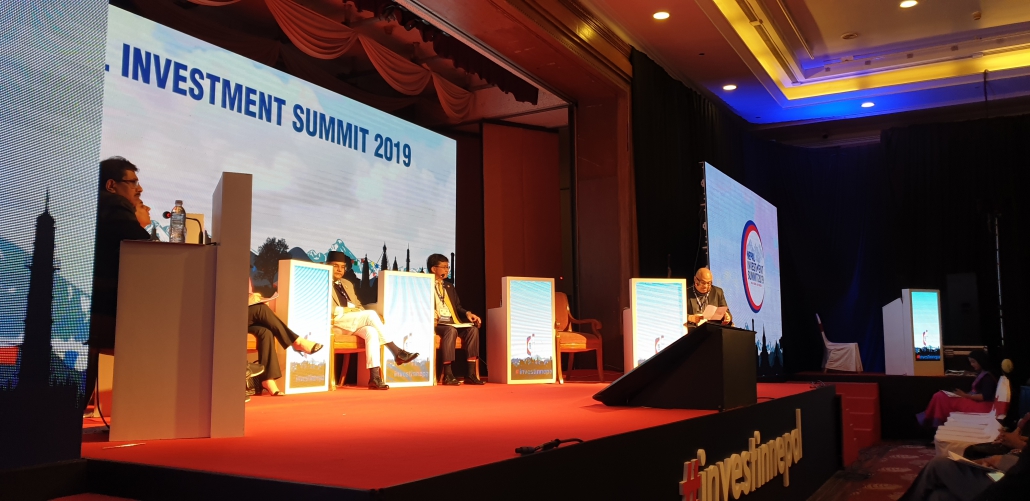










 All have one thing in common: The somehow learned how to attract investors, had their story down and knew how to talk to investors – where ever they are.
All have one thing in common: The somehow learned how to attract investors, had their story down and knew how to talk to investors – where ever they are.